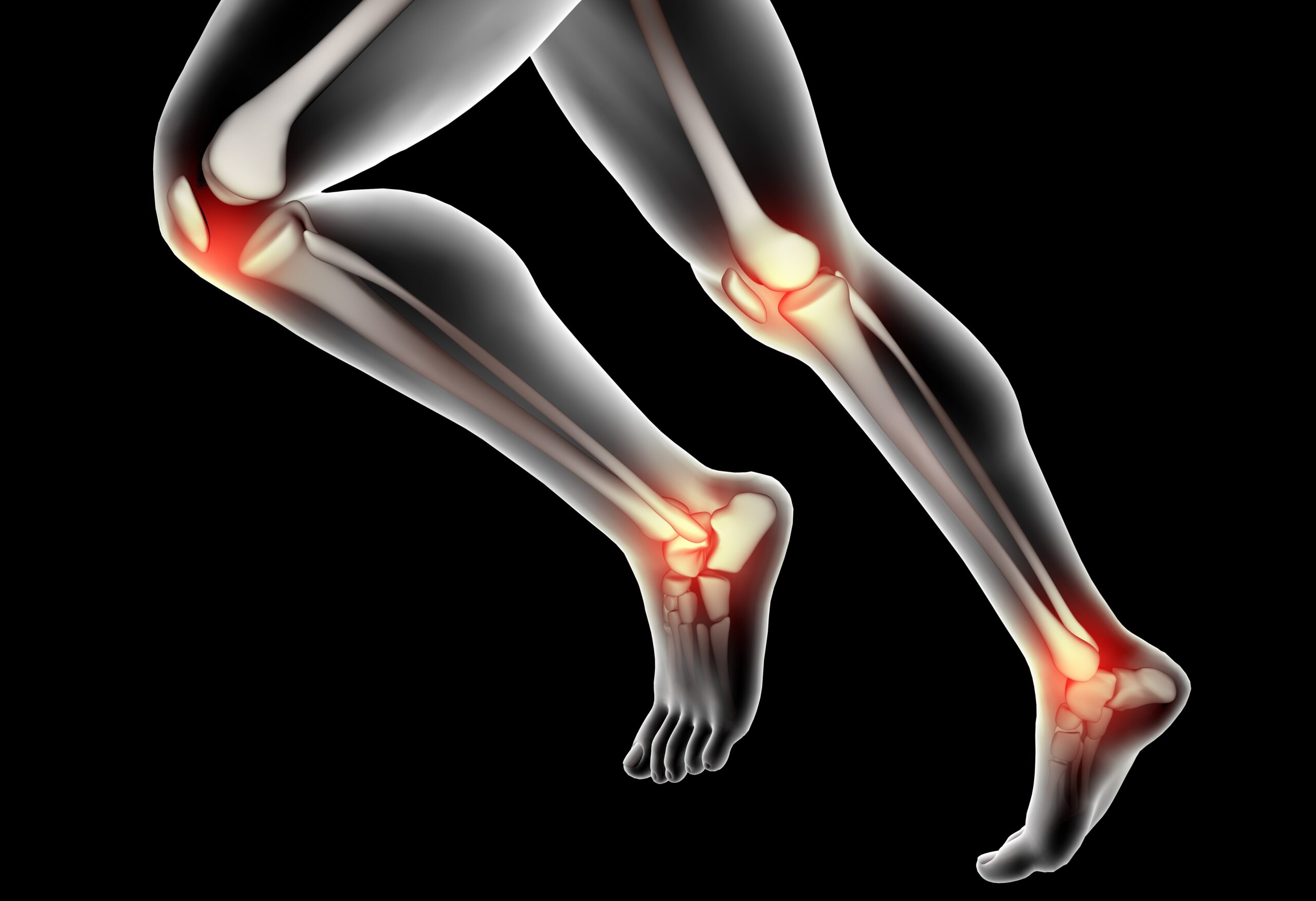Total Knee Replacement
A total knee replacement (TKR) or total knee arthroplasty is an operation to replace a knee joint that is affected by arthritis.
Total Knee Replacement surgery replaces the arthritic knee joint with highly specialized metal and plastic implants.
The artificial knee joint is made from a surgical-grade metal alloy with a special wear-resistant plastic insert. Total Knee Replacement is one of the most successful operations available today with over 90% still functioning well at 15 years.
Prior to surgery, you will usually have tried some conservative treatments such as simple analgesics, weight loss, anti-inflammatory medications, modification of your activities, walking aids, or physical therapy.
When these measures have failed it is time to consider surgery.
Benefits of surgery include:
Dr. Vinil Shinde focused treatment areas are Joint Replacement, Sports Medicine & all kinds of Trauma. He also does Primary, Revision Joint Replacements (Hip, Knee & Shoulder) and Arthroscopic Ligament Reconstruction in the knees & shoulder.
1. Who is suitable for total knee replacement?
The procedure is usually recommended for patients who suffer from pain and loss of function from arthritis that has not responded to conservative methods of therapy.
Each patient is assessed individually but total knee replacement may be indicated for patients who are:
- Suffering pain, and
- Have restricted mobility that is interfering with their lifestyle
2. Benefits of total knee replacement surgery
The decision to proceed with TKR surgery is a cooperative one between you, your surgeon, your family and other medical professionals.
The benefits following surgery are relief of symptoms of arthritis. These include
- Severe pain that limits your everyday activities including walking, shopping, visiting friends, getting in and out of chair, gardening, etc.
- Pain waking you at night
- Deformity- either bowleg or knock knees
- Stiffness
The benefits are that older patients or severely arthritic patients have a clear solution to help relieve symptoms and pain.
3. Components of a total knee replacement
The artificial total knee joint consists of:
- An upper metal component shaped and sized to fit the end of the femur
- A flat metal tibial component made of metal alloys fixed to the bone
- A plastic insert designed to bear significant wear
- A patellar button which resurfaces the back of your knee cap.
4. Total knee replacement procedure
The procedure is designed to be performed with minimal local trauma
- The knee joint is exposed using a minimally invasive approach
- The damaged portions of the femur and tibia are then cut at the appropriate angles using a high tech intra-operative computerised navigation system
- Trial components are then inserted to check the accuracy of these cuts and determine the thickness of plastic required to place in between these two components.
- The patella (kneecap) will be resurfaced in most cases. 80% of the natural kneecap is retained
- The real components are then inserted with or without cement and the knee is again checked for implant fit, alignment and stability
- The knee is then carefully closed with dissolving sutures and skin glue. Sterile waterproof dressings and a compression bandage are applied.
Contact us for more details
If you think you are facing similar conditions, or have suffered from them in the past, please contact the Chirayu Clinic team to schedule an appointment Contact us at: +917720080890

